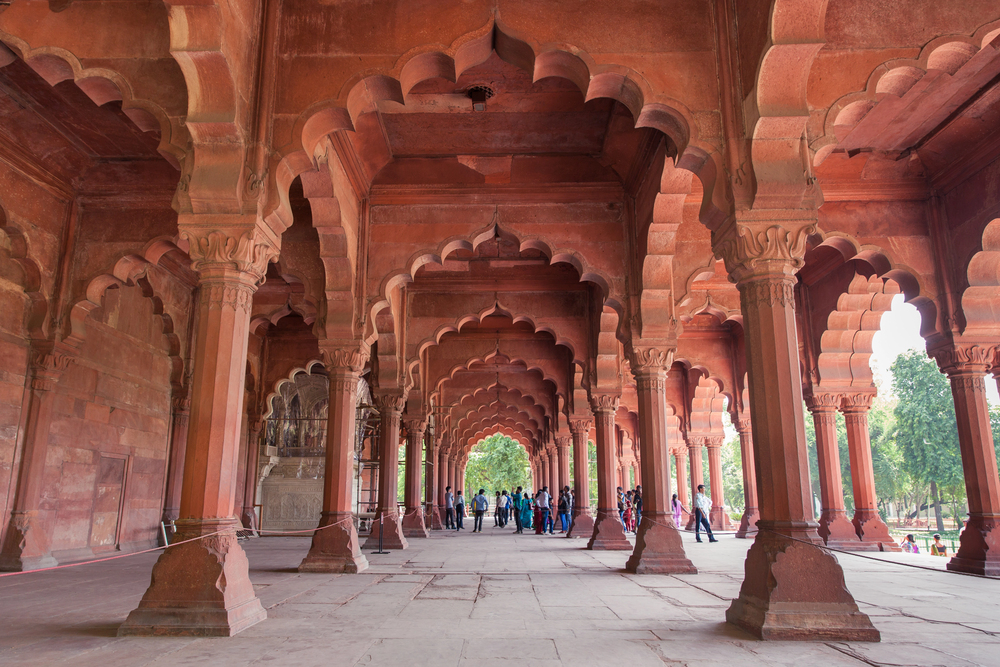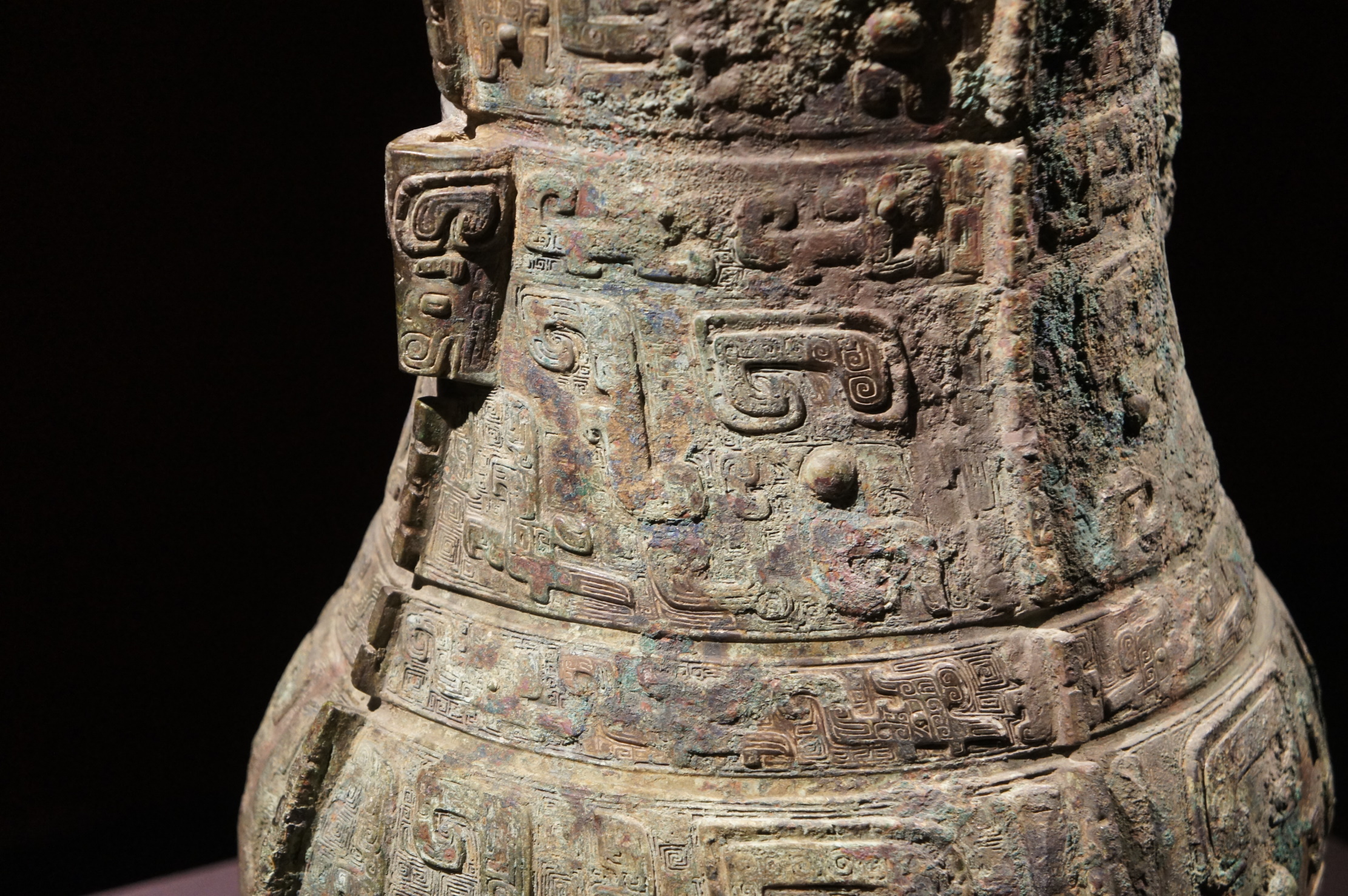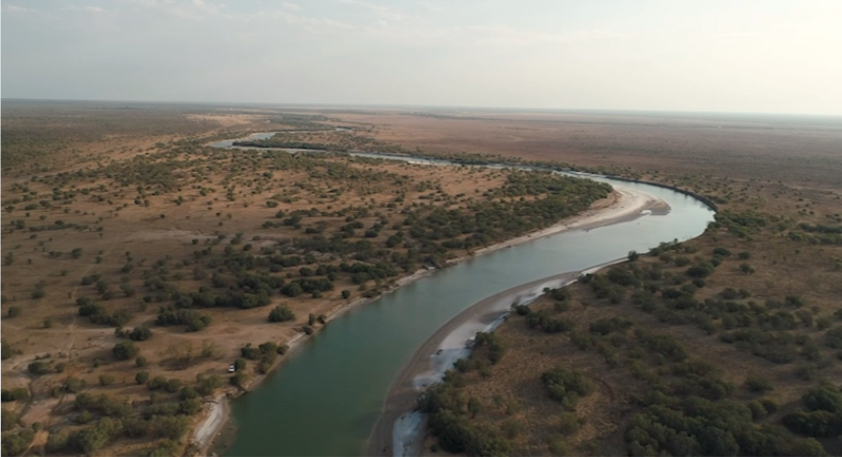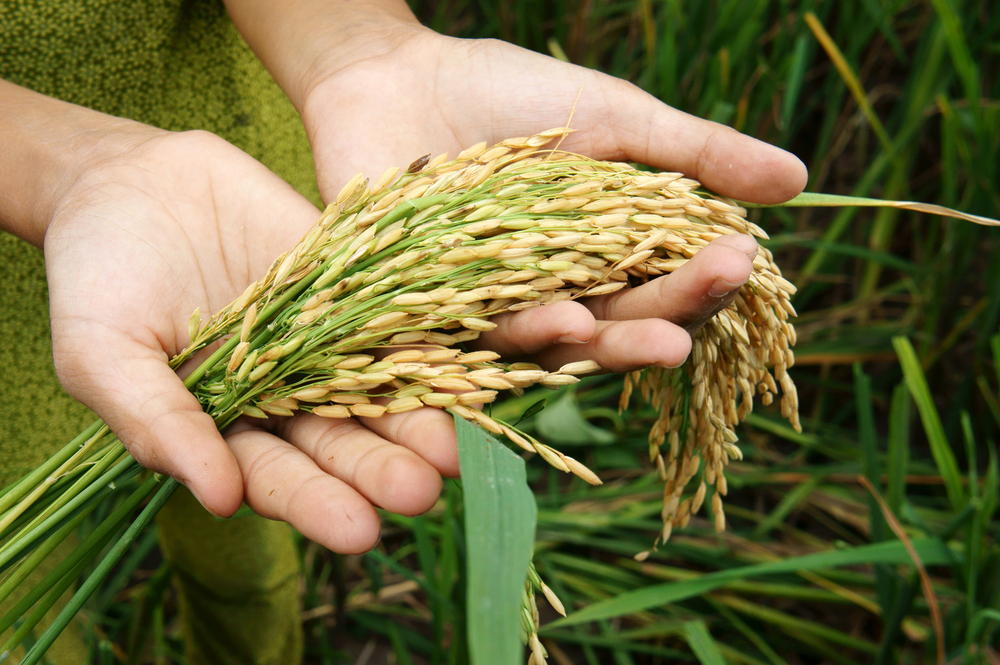Arts and Humanities
Explore Arts and Humanities

Professor Denise Troutman | Rethinking ‘Sassy’: The Complex Intersections of Race, Gender, and Linguistic Politeness
Research by Professor Denise Troutman at Michigan State University examines how race, gender, and social context shape perceptions of politeness and impoliteness in language, particularly focusing on the term ‘sassy’ when applied to African American women and girls. The research challenges traditional theories of politeness and reveals a need for cultural contextualizations to avert harmful stereotypes.

Professor Carsten Herrmann-Pillath and Professor Guo Man | How death rituals are changing in China’s fastest-growing city
Research from Professor Carsten Herrmann-Pillath at the University of Erfurt and Professor Guo Man at Harbin Institute of Technology Shenzhen Campus reveals how traditional funeral practices are being transformed in Shenzhen, an area of China which has rapidly developed into a huge metropolis. The research shows how government regulations, economic forces, and cultural traditions interact to create new forms of death rituals that balance modern urban constraints with deep-rooted customs.

Professor Will Greaves | How Donald Trump has changed Canada-US relations
Research by Professor Will Greaves at the University of Victoria examines how the Trump presidency has impacted the long-standing security relationship between Canada and the United States. His analysis reveals concerning shifts in the foundations of bilateral cooperation and trust between these traditionally close allies, with implications for the future of North American security arrangements.

Professor Magnus S. Magnusson | The surprising similarities between the structures of human cells and societies
Research by Professor Magnus S. Magnusson at the University of Iceland demonstrates surprising similarities between the organization of cellular protein networks and of human societies. He reveals how the invention of writing and, very recently, general education, transformed human civilization in ways that mirror ancient biological developments and emphasises how this makes humans unique.

Professor Bernd Schlipphak – Professor Oliver Treib – Dr. Constantin Schäfer | How citizens’ identities shape their support for international organizations
Research by Professors Bernd Schlipphak and Oliver Treib, both of the University of Münster, along with Doctor Constantin Schäfer of ifok GmbH, Germany, reveals how people’s sense of global identity influences their support for international organizations. Their work demonstrates that reforms to international organizations can have opposing effects on different groups of citizens, potentially increasing societal divisions about global cooperation.

Professor Shanshan Yan | Heritage Language Learners Show Unique Advantages in Chinese Language Processing
Learning a new language as an adult is challenging, especially when the new language has features that differ significantly from one’s native tongue. This phenomenon is key to a new study led by Professor Shanshan Yan at Peking University, which examines how language learning is affected when learners encounter features in their second language that are similar to those in their first language.

Nicolas Teyssandier | Unravelling the Middle-to-Upper Paleolithic Transition in Europe
The transition from the Middle to Upper Paleolithic in Europe marks a pivotal period in human evolution, with the replacement of Neanderthals by anatomically modern humans. A new study by Nicolas Teyssandier, Director of Research at the French National Center for Scientific Research (CNRS) and vice director of the TRACES laboratory at the Toulouse Jean Jaurès University examines the archaeological evidence for this transition and attempts to reconcile it with recent discoveries, shedding new light on this complex period of cultural and biological change.

Professor Richard M. Eaton | Rethinking Cultural Exchange in India in the Persianate Age, 1000-1765
In his book India in the Persianate Age, historian Professor Richard M. Eaton of the University of Arizona challenges long-held assumptions about India’s history from 1000 to ca. 1800 CE. By examining the complex interactions between Persian and Sanskrit cultural spheres, Eaton offers a fresh perspective on this pivotal period, shedding light on the dynamic processes of cultural exchange and integration that shaped the subcontinent.

Assistant Professor Wen Yin (Elaine) Cheng | Bronze Casting Moulds Reveal Late Shang Dynasty Craftsmanship
Bronze vessel casting technology in ancient China’s Shang Dynasty has long been of interest to archaeologists. Assistant Professor Wen Yin (Elaine) Cheng at Wilfrid Laurier University has shed new light on the knowledge and organisation of artisans who made these pieces. By analysing bronze vessel casting moulds, she has uncovered intricate production sequences that offer fresh insights into the social dynamics of this ancient civilization beyond the elite class typically depicted in historical records.

Axel Marx | The successes of voluntary sustainability standards and the challenges they face
Voluntary Sustainability Standards have emerged as influential tools to promote sustainable practices in global value chains and are becoming increasingly relevant in the context of new legislation by the European Union and other governments for the promotion of sustainable development. A comprehensive review led by Axel Marx at KU Leuven examines the evolution, impacts, and challenges of these standards, offering insights into their role in global governance and sustainable development.

Professor Anne Poelina | The Key to Solving Climate Change May Lay in Indigenous Wisdom
In the Kimberley region of Western Australia, Indigenous First Australians are partnering with researchers and together they are pioneering a revolutionary approach to environmental planning and management, called ‘Caring for the River Country’. By blending ancient wisdom, Indigenous First Law and science with Western science, they’re reimagining our relationship with nature and offering a blueprint for global climate action. Professor Anne Poelina at the University of Notre Dame Australia argues that the key to our planet’s future may lie in Indigenous knowledge and wisdom, and ways of conceiving of our natural environment as kin.

Professor Elliot Berry | Why Food Security is Crucial to the Development of Human Societies
Darwin identified fire and language as the key elements of human progress. Professor Elliot Berry, of the Hebrew University of Jerusalem, argues that nutrition and food security are equally vital for cultural evolution. He is a Specialty Chief Editor of Frontiers in Nutrition – Nutrition and Sustainable Diets, and an Editor of the three volume Encyclopaedia of Food Security and Sustainability. Berry explains that food security supports the development of sociotypes, which describe how individuals interact within society, and emphasizes their importance, especially amid global crises, for sustainable development and public health. He advocates that we recognize food security as a fundamental human right and incorporate sociotype concepts in medicine and public health.

Professor Denise Troutman | Rethinking ‘Sassy’: The Complex Intersections of Race, Gender, and Linguistic Politeness
Research by Professor Denise Troutman at Michigan State University examines how race, gender, and social context shape perceptions of politeness and impoliteness in language, particularly focusing on the term ‘sassy’ when applied to African American women and girls. The research challenges traditional theories of politeness and reveals a need for cultural contextualizations to avert harmful stereotypes.

Professor Carsten Herrmann-Pillath and Professor Guo Man | How death rituals are changing in China’s fastest-growing city
Research from Professor Carsten Herrmann-Pillath at the University of Erfurt and Professor Guo Man at Harbin Institute of Technology Shenzhen Campus reveals how traditional funeral practices are being transformed in Shenzhen, an area of China which has rapidly developed into a huge metropolis. The research shows how government regulations, economic forces, and cultural traditions interact to create new forms of death rituals that balance modern urban constraints with deep-rooted customs.

Professor Will Greaves | How Donald Trump has changed Canada-US relations
Research by Professor Will Greaves at the University of Victoria examines how the Trump presidency has impacted the long-standing security relationship between Canada and the United States. His analysis reveals concerning shifts in the foundations of bilateral cooperation and trust between these traditionally close allies, with implications for the future of North American security arrangements.

Professor Magnus S. Magnusson | The surprising similarities between the structures of human cells and societies
Research by Professor Magnus S. Magnusson at the University of Iceland demonstrates surprising similarities between the organization of cellular protein networks and of human societies. He reveals how the invention of writing and, very recently, general education, transformed human civilization in ways that mirror ancient biological developments and emphasises how this makes humans unique.

Professor Bernd Schlipphak – Professor Oliver Treib – Dr. Constantin Schäfer | How citizens’ identities shape their support for international organizations
Research by Professors Bernd Schlipphak and Oliver Treib, both of the University of Münster, along with Doctor Constantin Schäfer of ifok GmbH, Germany, reveals how people’s sense of global identity influences their support for international organizations. Their work demonstrates that reforms to international organizations can have opposing effects on different groups of citizens, potentially increasing societal divisions about global cooperation.
Increase The Impact Of Your Research!
Explore partnership opportunities
Unwind without the hassle. Enjoy fresh audiobooks, delivered free!
